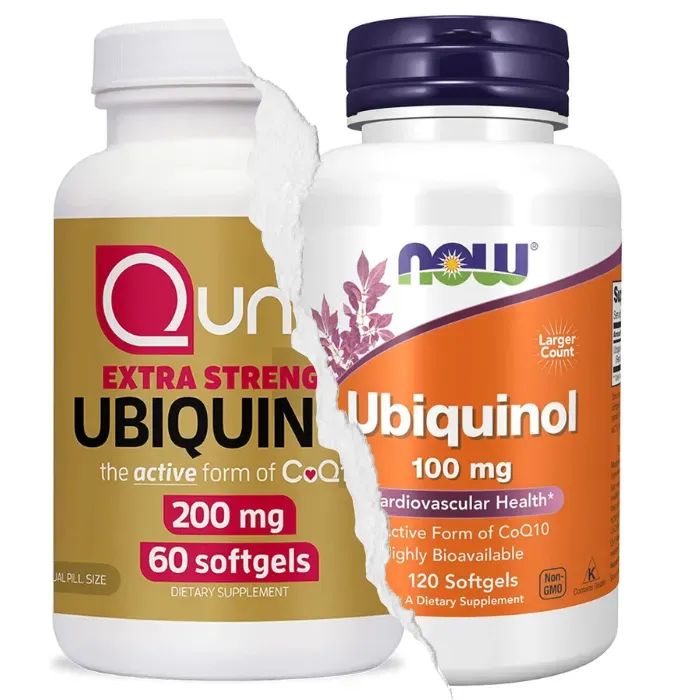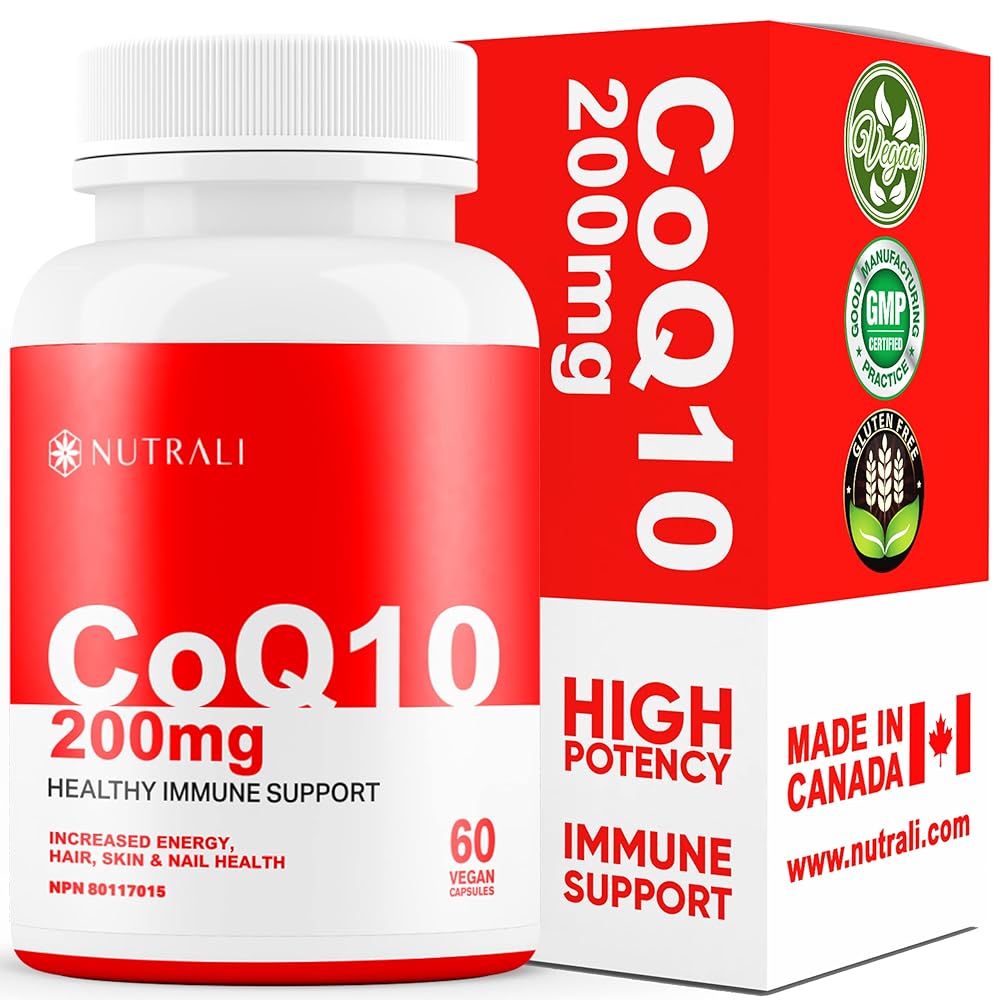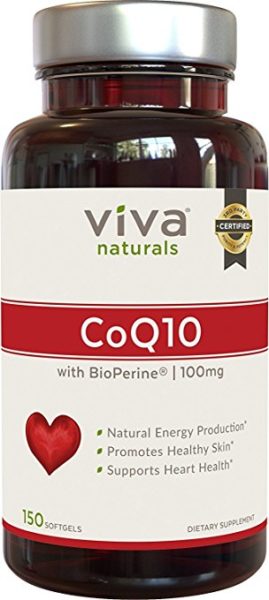What Is The Best Coq10 Supplement On The Market
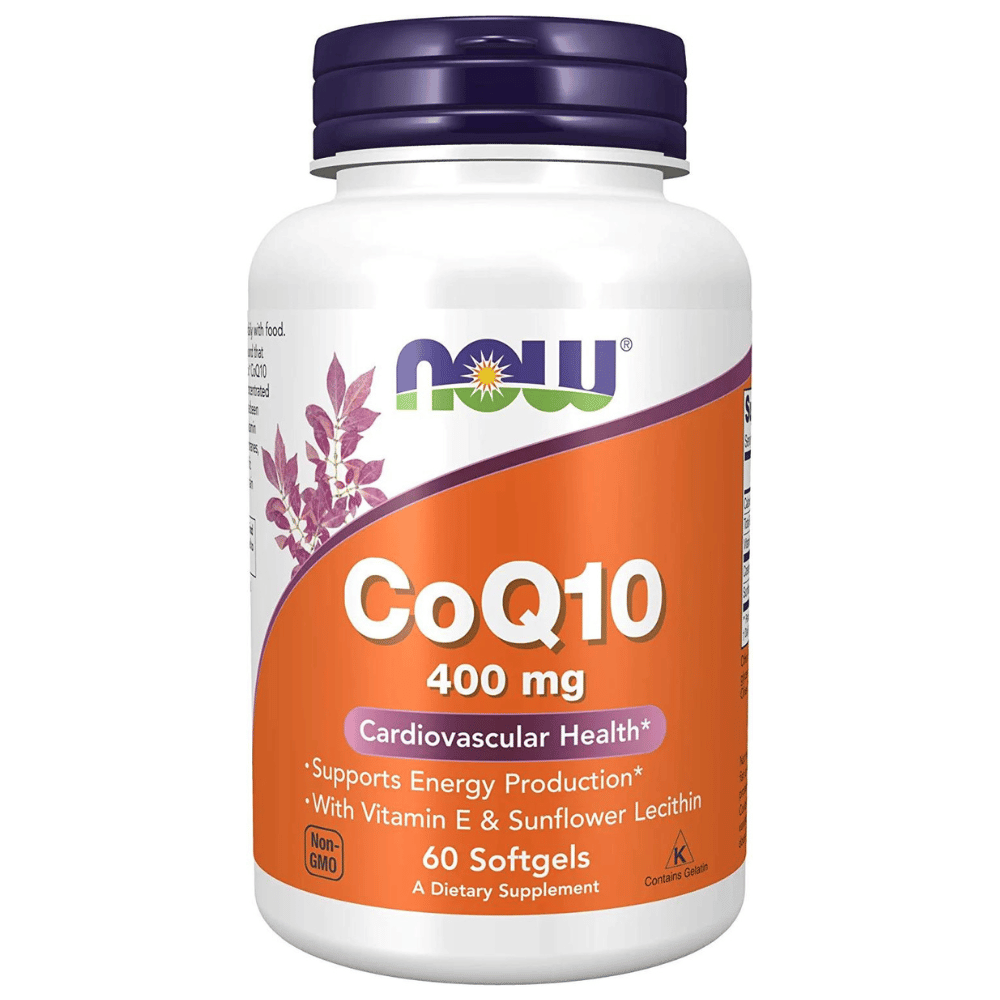
Imagine a tiny spark plug within each of your cells, constantly firing to keep your engine running smoothly. That’s essentially what CoQ10, or coenzyme Q10, does. It's a vital nutrient that plays a crucial role in energy production and acts as a powerful antioxidant. But with a market flooded with countless supplements, how do you choose the best CoQ10 for your individual needs?
Finding the optimal CoQ10 supplement involves understanding its different forms, absorption rates, and potential benefits. Navigating the sea of options requires careful consideration of factors like ubiquinone vs. ubiquinol, dosage, third-party testing, and individual health conditions. This article will delve into the world of CoQ10, providing a comprehensive guide to help you make an informed choice.
Understanding CoQ10: The Cellular Powerhouse
CoQ10 is a naturally occurring compound found in every cell of the body. It's particularly concentrated in organs with high energy demands, such as the heart, brain, and kidneys. Its primary function is to assist in the electron transport chain, a process vital for generating adenosine triphosphate (ATP), the body's main energy currency.
Beyond energy production, CoQ10 is a potent antioxidant, protecting cells from damage caused by free radicals. These unstable molecules can contribute to aging and various chronic diseases. By neutralizing free radicals, CoQ10 helps maintain cellular health and overall well-being.
Ubiquinone vs. Ubiquinol: Choosing the Right Form
CoQ10 exists in two main forms: ubiquinone and ubiquinol. Ubiquinone is the oxidized form, while ubiquinol is the reduced, antioxidant form. The body converts ubiquinone into ubiquinol, which is then readily used by the cells.
As we age, the body's ability to convert ubiquinone to ubiquinol may decline. For individuals over 40 or those with certain health conditions, ubiquinol may be a more effective choice. It's generally considered more bioavailable, meaning the body can absorb and utilize it more easily.
However, it’s important to note that ubiquinol is also more expensive and potentially less stable. Some studies suggest that for younger individuals, ubiquinone may be sufficient, as their bodies can efficiently convert it. Consulting with a healthcare professional can help determine the most appropriate form for your specific needs and circumstances.
Factors to Consider When Choosing a CoQ10 Supplement
Selecting the right CoQ10 supplement goes beyond simply choosing ubiquinone or ubiquinol. Several other factors play a crucial role in ensuring product quality and effectiveness. These include dosage, third-party testing, and the presence of additives or allergens.
Dosage: Finding the Sweet Spot
The optimal dosage of CoQ10 varies depending on individual factors such as age, health condition, and the specific reason for supplementation. Generally, dosages range from 100mg to 600mg per day. Lower doses are often sufficient for general health maintenance, while higher doses may be recommended for specific health conditions like heart failure or migraine headaches.
It’s crucial to start with a lower dose and gradually increase it as needed, paying attention to how your body responds. Consulting with a healthcare professional is highly recommended to determine the appropriate dosage for your individual needs. They can assess your health status and provide personalized recommendations.
Third-Party Testing: Ensuring Quality and Purity
The supplement industry is not always tightly regulated, making it essential to choose products that have undergone third-party testing. Organizations like NSF International, USP, and ConsumerLab.com independently test supplements for quality, purity, and potency. Look for certifications from these organizations on the product label to ensure you're getting what you pay for.
Third-party testing verifies that the supplement contains the ingredients listed on the label in the correct amounts. It also ensures that the product is free from contaminants such as heavy metals, pesticides, and other harmful substances. This provides peace of mind and helps you avoid potentially dangerous ingredients.
Additives and Allergens: Read the Label Carefully
Pay close attention to the list of inactive ingredients in a CoQ10 supplement. Some products may contain additives, fillers, or allergens that can cause adverse reactions in sensitive individuals. Common allergens to watch out for include gluten, soy, dairy, and nuts.
Choose supplements that are free from unnecessary additives and allergens. Look for products that are labeled as "non-GMO," "gluten-free," or "vegan" if these factors are important to you. Reading the label carefully and doing your research can help you avoid potential problems.
The Role of CoQ10 in Specific Health Conditions
CoQ10 has shown promise in supporting various aspects of health. While more research is often needed, studies suggest potential benefits in areas like heart health, neurological function, and fertility. Understanding these potential benefits can help you determine if CoQ10 supplementation is right for you.
Heart Health: A Powerful Ally
CoQ10 plays a vital role in heart health due to its involvement in energy production and its antioxidant properties. Studies have shown that CoQ10 supplementation may improve heart function in individuals with heart failure. It may also help reduce blood pressure and improve cholesterol levels.
Specifically, a meta-analysis published in the Journal of the American College of Cardiology found that CoQ10 supplementation was associated with a significant reduction in cardiovascular mortality in patients with heart failure. This highlights the potential of CoQ10 as a supportive therapy for individuals with heart conditions.
Neurological Function: Protecting the Brain
The brain is highly susceptible to oxidative stress due to its high energy demands. CoQ10's antioxidant properties can help protect brain cells from damage caused by free radicals. Some studies suggest that CoQ10 supplementation may improve cognitive function and slow the progression of neurodegenerative diseases like Parkinson's disease and Alzheimer's disease.
While the research is ongoing, the potential benefits of CoQ10 for brain health are promising. More studies are needed to fully understand its role in preventing and treating neurological disorders.
Fertility: Enhancing Reproductive Health
CoQ10 plays a crucial role in energy production within sperm and egg cells, impacting their quality and motility. Studies have shown that CoQ10 supplementation may improve sperm count and motility in men. It may also improve egg quality in women, potentially increasing the chances of conception.
A review published in Fertility and Sterility concluded that CoQ10 supplementation may be a beneficial adjunct to fertility treatments. However, it's essential to consult with a fertility specialist to determine the appropriate dosage and whether CoQ10 supplementation is right for you.
Navigating the Market: Identifying Top CoQ10 Supplements
While it's impossible to definitively declare one CoQ10 supplement as "the best" due to individual needs and preferences, certain brands consistently receive high ratings from consumers and independent testing organizations. These brands prioritize quality, purity, and bioavailability.
Some reputable brands to consider include Nature Made, NOW Foods, Doctor's Best, and Qunol. These brands offer both ubiquinone and ubiquinol formulations, and many of their products have been third-party tested. Always check the product label for certifications and ingredient lists before making a purchase.
"Choosing a CoQ10 supplement requires careful consideration of your individual health needs and preferences. Consulting with a healthcare professional can help you make an informed decision." - Dr. Emily Carter, Registered Dietitian
Conclusion: Empowering Your Cellular Health
CoQ10 is a vital nutrient that plays a crucial role in energy production and antioxidant defense. By understanding the different forms of CoQ10, considering factors like dosage and third-party testing, and consulting with a healthcare professional, you can make an informed choice and find a supplement that supports your individual health goals. Remember, the "best" CoQ10 is the one that best suits your unique needs and helps you optimize your cellular health.
Ultimately, choosing the right CoQ10 supplement is a personalized journey. It's about finding a product that aligns with your health goals, budget, and lifestyle. As you navigate the world of supplements, remember to prioritize quality, transparency, and the advice of healthcare professionals. This will empower you to make informed decisions and embark on a path towards optimal well-being, one spark plug at a time.
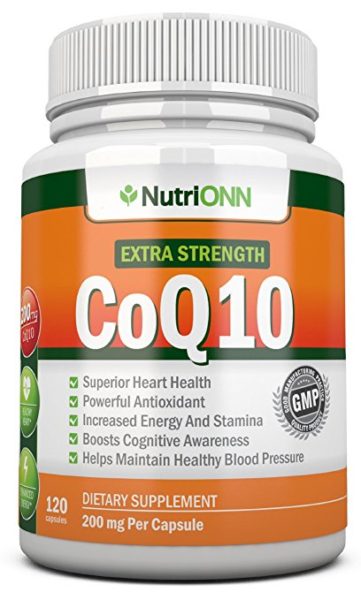



:max_bytes(150000):strip_icc()/vwh-best-coq10-supplements-tout-79bedd3a22af4b1d80c87877594ba006.jpg)
:max_bytes(150000):strip_icc()/puritans-pride--coq10-200-mg-f5ae7c1c3c4440a4a525c5db6e4965ad.jpg)
:max_bytes(150000):strip_icc()/Screenshot2024-10-24at2.58.00PM-d4f8f3383c9346b088b912acb87dc69d.jpeg)
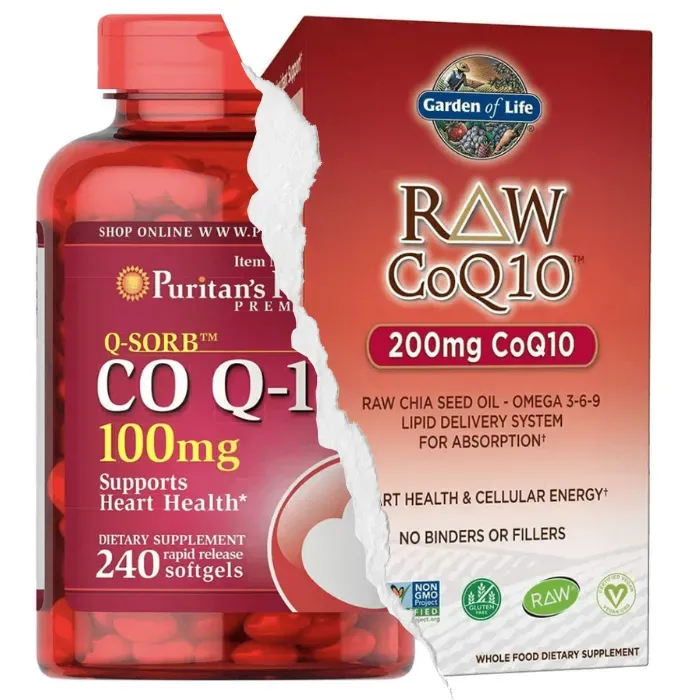



![What Is The Best Coq10 Supplement On The Market Top 5 Best Coq10 Supplements in [year] | Kathy's Vegan Kitchen](https://m.media-amazon.com/images/I/61oqson6xwL.jpg)
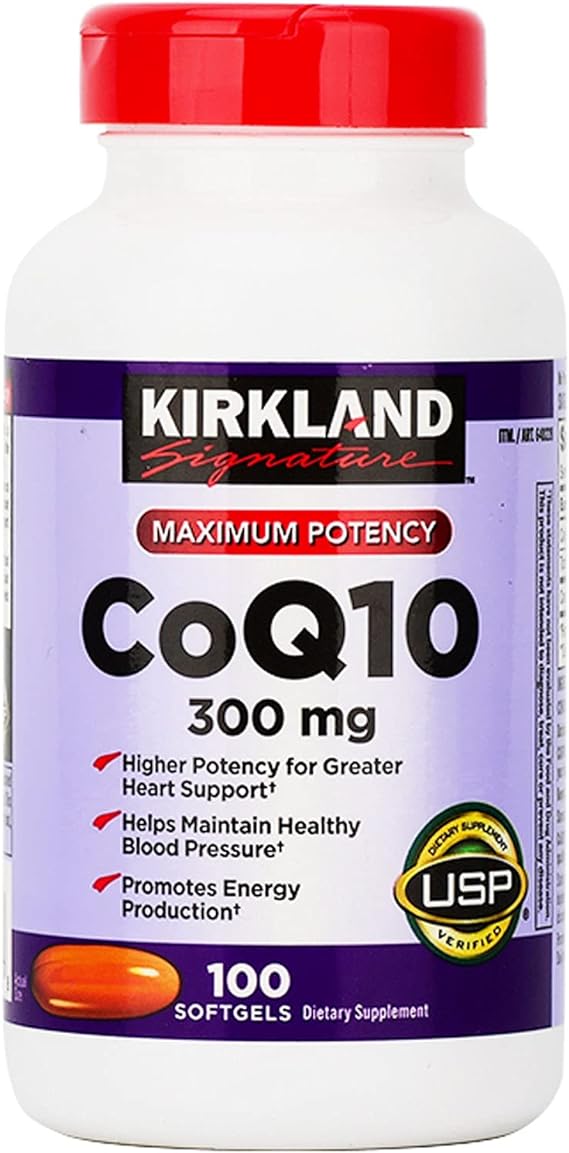
:max_bytes(150000):strip_icc()/doctors-best-high-absorption-coq10-with-bioperine-gluten-free-naturally-fermented-heart-health-energy-production-100-mg-120-count--074a79a37caa4c3aa662bb2d41c9190f.jpg)
